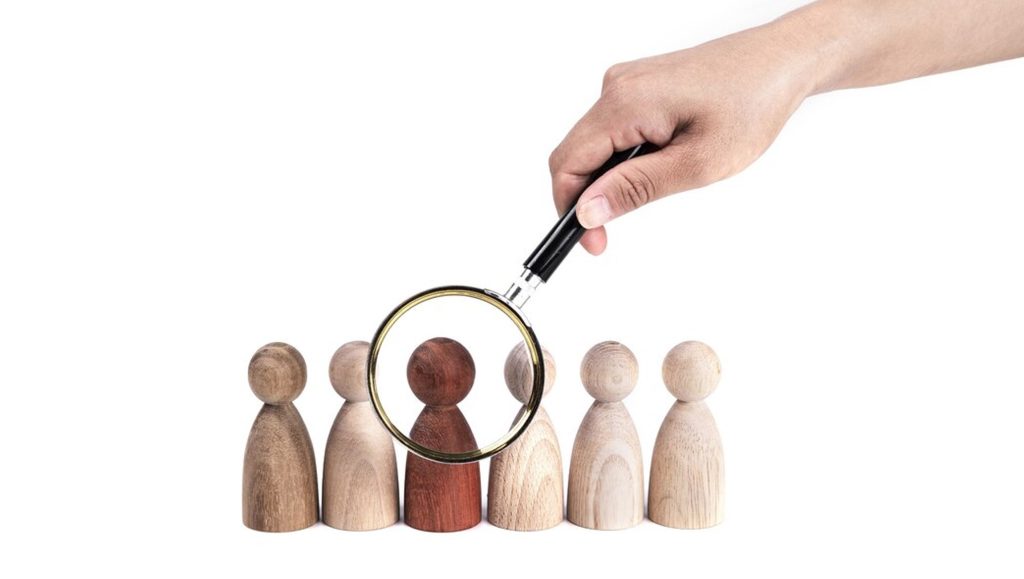-
This is a statistic which emerged from a recent survey carried out by UNGUESS and Scalapay, for the purpose of investigating how Italians feel – compared to France and Spain – about this Shopping Day.
-
In all three countries, the age group least concerned with the ecological aspect of the issue is the Boomers, aged 59 and over. While the GenZ are the ones most concerned.
-
Creating awareness around Buy Now Pay Later: 2/3rds of Italians consider it a valid tool for improving how they manage their budget.
The environmental issue is a familiar one which is thankfully being discussed a lot more nowadays. We are all, in our own small way, trying to be more careful because the effects of global warming have now become all too obvious. Some opt for a more plant-based diet, others buy more local produce and there are those who are careful not to overdo their use of heating and air conditioning. This would lead us to believe that there is greater focus on how we shop, especially because online shopping generates as much as 7% of greenhouse gas emissions[1].
Unfortunately, however, that is not the case, as is clear from a recent survey conducted by UNGUESS, a company involved in crowdsourcing for digital service tests and Scalapay, Southern Europe’s leading Fintech company in the Buy-Now-Pay-Later market.
Indeed, the survey revealed that only 12% of Italians seriously consider the environmental impact of purchases, a figure in line with Spain (11%) and France (17%). Overall, in all three countries, those most aware of the issue were the GenZ youngsters, while dragging behind were the Boomers from 59 upwards. It is regrettable to see people who, when shopping on Black Friday, do not even give the environment a thought: in all three countries, the figure was 9.98% of those who took the survey[2], a small but significant percentage.
1. Source.
2. The survey was conducted on 1,500 people: 500 in Italy, 500 in France and 500 in Spain.
But focus on the environment was not the only issue: UNGUESS and Scalapay’s analysis also examined other parameters, aimed at taking a closer, more general look at how the Italians, Spanish and French felt about this long-awaited Shopping Day. Particular focus was placed on Buy Now Pay Later (BNPL), an innovative payment method which is becoming increasingly popular with consumers to make immediate purchases and pay in interest-free instalments. A highly significant subject on which the research placed a specific focus.
Read More: Laxis Secures $1.5 Million in Seed Funding to Empower Revenue Teams with AI
Planned purchases or “if I see something I like, I’ll buy it”?
In 74% of cases, those interviewed said they preferred planned buying, with an average budget of 238 Euro for Italy, 273 Euro for Spain and as much as 309 Euro for France. Leading the way are Millennials who will spend the most: on average 272 Euro per person.
Compared to other countries, Italians seem to be those who plan the least, and equally, don’t see Black Friday as an opportunity to buy Christmas presents early as much as their French neighbours do.
However, on the subject of available budget, not everyone wants to spend the same amount as last year, quite the opposite: 19% of Italians say they want to spend less, as do 31% of the French and 18% of the Spanish. “In short, with inflation and the increased cost of living, not everyone can dedicate the same resources to shopping as they have done in previous years, even though most of those interviewed said they hoped to spend more or less the same amount,” explains Alessandro Caliando, Head of UX at UNGUESS.
Buy Now Pay Later: supporting budget management
The research also analysed people’s habits and preferences with regard to Buy Now Pay Later (BNPL) as a tool for paying for one’s purchases in instalments.
The interest shown in BNPL solutions for the up-and-coming Black Friday involves around half the Italians interviewed (52%), higher than the figure recorded in France (42%) and Spain (36%). Nevertheless, this figure reflects the fact that 40% of Italians have already used BNPL in the past, a significantly higher figure compared to the French (28%) and Spanish (27%).
The survey also highlighted the convergence of opinions between the various countries involved, especially with regard to the perception of BNPL which, according to two thirds of those interviewed, is an effective method for better managing one’s budget. Furthermore, most of the consumers were in favour of using BNPL rather than the option of charging the purchases to their card or applying for any kind of loan.
The analysis, also revealed that flexibility in the choice of frequency for paying instalments, for example monthly or weekly, is an important element in the adoption of BNPL solutions. This aspect is particularly important for about 3 out of 4 people, with no geographical differences.
And if in doubt about choosing BNPL? Its combination with an offer or specific promotion can prove to be a key decision maker in the adoption of this payment method.
Read More: SalesTechStar Interview with Michael Walton, VP Product, Sales Hub, HubSpot
When are purchases mainly made? Morning, afternoon or evening?
In this case, it is interesting to note how each country has different habits: in France buying is mostly done in the morning (46.36%), in Italy the evening (37.53%), while in Spain it is the afternoon (45.79%).
Online vs offline: the web wins hands down
The vast majority of those interviewed said they buy only online: we’re talking about 52.77% of the French people interviewed 71.72% of the Italians interviewed and 51.32% of the Spanish interviewed. From a generational point of view, GenZ tends to buy in shops (15.98%), together with Boomers (15.94%). We’re talking, however, about percentages which – if compared to the desire to buy online – are considerably lower.
The demise of the tablet as a navigation tool (49.50%) and in second place, the PC (47.38%)
The smartphone is favoured by Millennials (52.97%) and GenX (49.26%); while Boomers (68.97%) and GenZ (50%) prefer using a PC.
“This research was very interesting as it brought to light data we didn’t expect. For example, we saw that the average user generally doesn’t pay much attention to the environment when purchasing online, in contrast with the last few years in which the issue of sustainability has become predominant in every industry,” explains Caliandro. “Another interesting piece of data was the discarding of the tablet for online purchases, which are made and planned mostly using a smartphone. Once again, this undoubtedly brings to light the importance of planning websites which are increasingly mobile friendly, as everything is organised using this small screen. Furthermore, the survey revealed that each age group has its own characteristics and needs, so when designing a service, it is crucial to have a clear image of your target market in order to create a buying experience completely in line with the end users.”
“On a constantly evolving landscape, it is essential that we continue to strive to further understand consumer preferences. This guides us to continuously offer innovative solutions in line with their changing needs, which contribute to redefining the shopping experience, especially in e-commerce. The data which emerged, clearly showed that awareness around Buy Now Pay Later has become central to purchasing decisions. It is now considered an effective tool for improving budget management by offering a flexible and convenient payment option. This option will be a key support to those wishing to take advantage of Black Friday offers, making the shopping experience even more sustainable and rewarding,” explains Simone Mancini, Scalapay’s CEO.





















